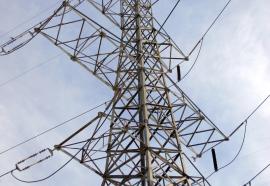Capacity Roulette
Out of market means out of luck—even for self-supply.
When the U.S. Federal Energy Regulatory Commission issued its so-called ”MOPR“ decision in April 2011, approving a minimum offer price rule (or bid floor) for PJM RPM capacity market — and then on the very next day did much the same for New England’s FCM capacity market — FERC did more than just prop up prices. Instead, it created a nightmare scenario for utilities that still own their own generation. These utilities, who choose to “self-supply” with their own plants, rather than buy capacity from either the RPM or FCM, adequacy rules, could now be forced to pay twice for capacity — if their own plants are deemed inefficient or uneconomic.










